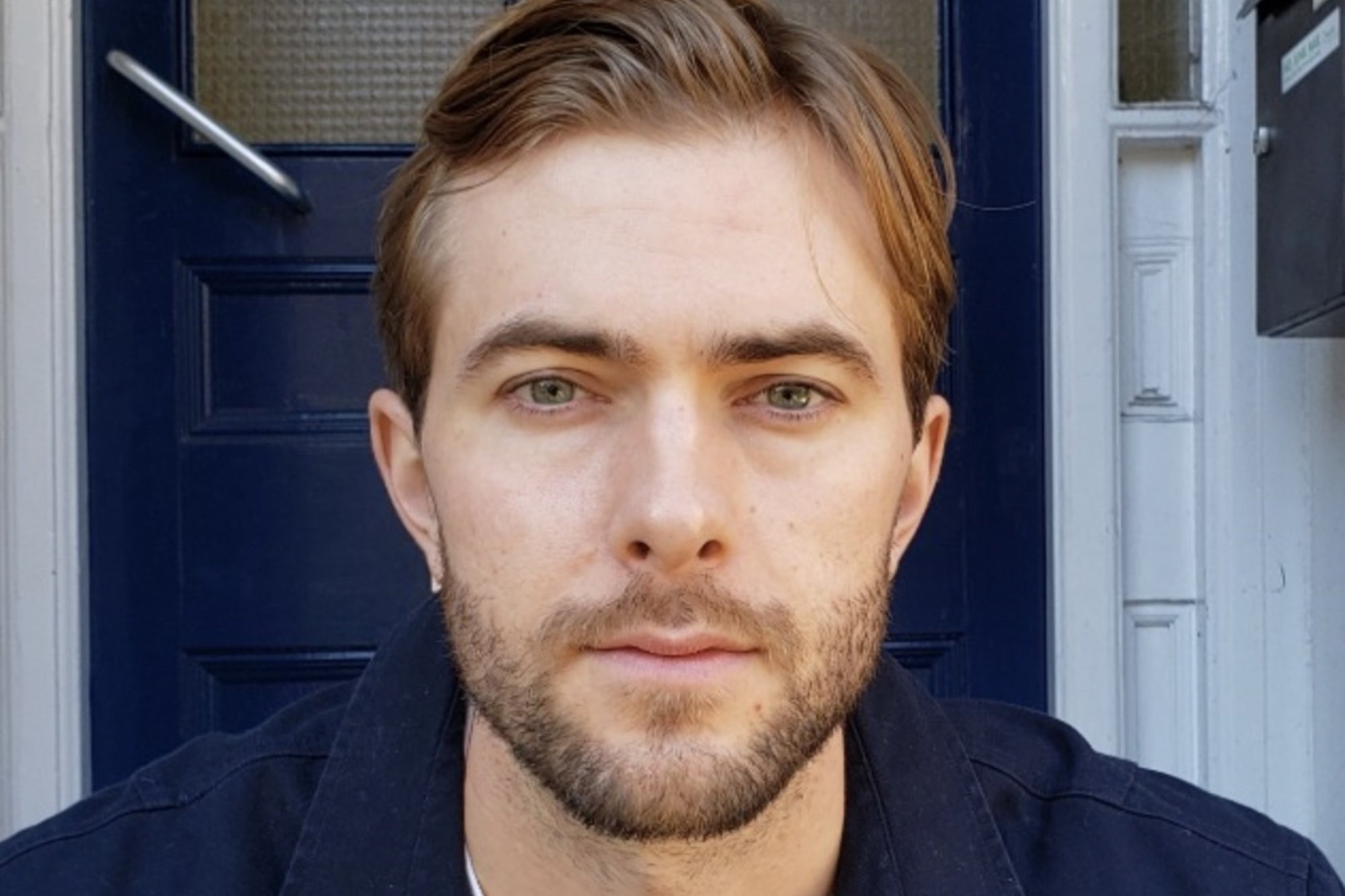AI Needs Proof, Not Just Promise The start-up instincts behind industrial intelligence
Opinions expressed by Entrepreneur contributors are their own.
You're reading Entrepreneur United Kingdom, an international franchise of Entrepreneur Media.

Westen Macintosh started his entrepreneurial journey planting trees and feeding children in Gaza. Today, he's building mission-critical AI for legacy industries - bringing hard tech into the heart of oil rigs, manufacturing plants, and carbon-intensive operations. The pivot might sound drastic, but for Macintosh, now Director of AI & Digital Transformation at Applied Computing, the thread has always been clear: impact.
"At first glance, the pivot might seem dramatic, but for me, it was always about impact," he says. "At Virtue, we helped brands support causes like tree planting and meals for kids in Gaza, real, measurable impact. I started out in the energy industry, so I know not just the scale of the industry but how ready it is for change. Even a 1% improvement can have massive effects on efficiency and emissions."
That blend of social purpose and technical rigour seems to have paid off. Applied Computing recently closed a £9m seed round, one of the largest in the UK's industrial AI space - a strong signal of confidence in their vision. "AI is full of promise, but few companies are proving it in the real world," Macintosh says. "Applied Computing is built on impact, already solving mission-critical problems in energy and industry. This fundraise signals that the market doesn't just want potential, it wants proof."
From founder to team player
Macintosh co-founded his first startup while studying for an MBA at Imperial Business School, where he also met Callum Adamson - now CEO of Applied Computing - through the college's mentorship programme.
"He advised my startup on fundraising and strategy," he recalls. "So I'd seen first-hand how he worked and solved problems. When he introduced me to Sam Tukra, our CAIO and co-founder, it was clear they didn't just have a compelling vision but they had the ability to build the team and deliver on it."
Making the leap from founder to operator isn't always easy, but for Macintosh, it wasn't about ego.
"Founding your own company is incredibly rewarding, but I've never seen ownership as tied to titles. What matters to me is impact, and with this mission and this team, I believe we've got the best possible shot at making it real."
Building trust with radical transparency
While headlines focus on generative AI and big-tech breakthroughs, Macintosh and the team are taking a different route: into industries where even a small error could cost millions—or lives.
"The hardest part isn't introducing new technology, it's proving it can be trusted," he says. "These legacy industries have been burned by black-box AI in the past—systems that produce answers without showing how they got there. And when the stakes include millions of dollars, environmental risks, and human lives, that kind of uncertainty isn't acceptable."
To counter that, Applied Computing's flagship product, Orbital, is built to explain itself as it works.
"We lead with radical transparency. Orbital is grounded in physics and built to explain its reasoning every step of the way. That clarity is what builds the trust needed to bring AI into the heart of critical operations."
Keeping the startup spirit alive
Bringing a startup mindset into industries that move slowly, and cautiously, is a balancing act—one Macintosh knows well.
"You have to balance that energy with patience," he says. "In D2C, sales can happen in seconds. In these industries, which are rightly risk-averse, the sales process involves layers of due diligence and can take months or longer."
Still, the appetite is there—often hidden, but undeniable once the potential clicks.
"Even in the most traditional organisations, that startup energy is there, you just have to find it. When we show them what Orbital can do, you see their eyes light up. They get it, and that energy becomes contagious."
On failure, resilience—and the value of naivety
Like most founders, Macintosh's journey has been shaped by rejection, long nights, and steep learning curves. But hindsight hasn't dimmed his enthusiasm—it's only deepened his belief in grit and resilience.
"Being your own boss means having the freedom – and the responsibility – to adapt quickly when things don't go as planned," he says. "Setbacks offer a chance to reassess, recalibrate, and return stronger. We have never let failure define us – we learn from it, communicate openly and use it to fuel our next move."
And if he could go back to advise his past self?
"Honestly, I wouldn't want to say too much—you need a fair bit of naivety to become an entrepreneur. If I'd known how hard it would be, I might've talked myself out of it."
Instead, he focuses on appreciating the small wins.
"I remember reading a case study about a startup getting into Techstars and thinking it was completely out of reach. A few years later, we got in, and it didn't feel like a finish line, just the next step. You have to appreciate the moments, because there's always another mountain to climb."













